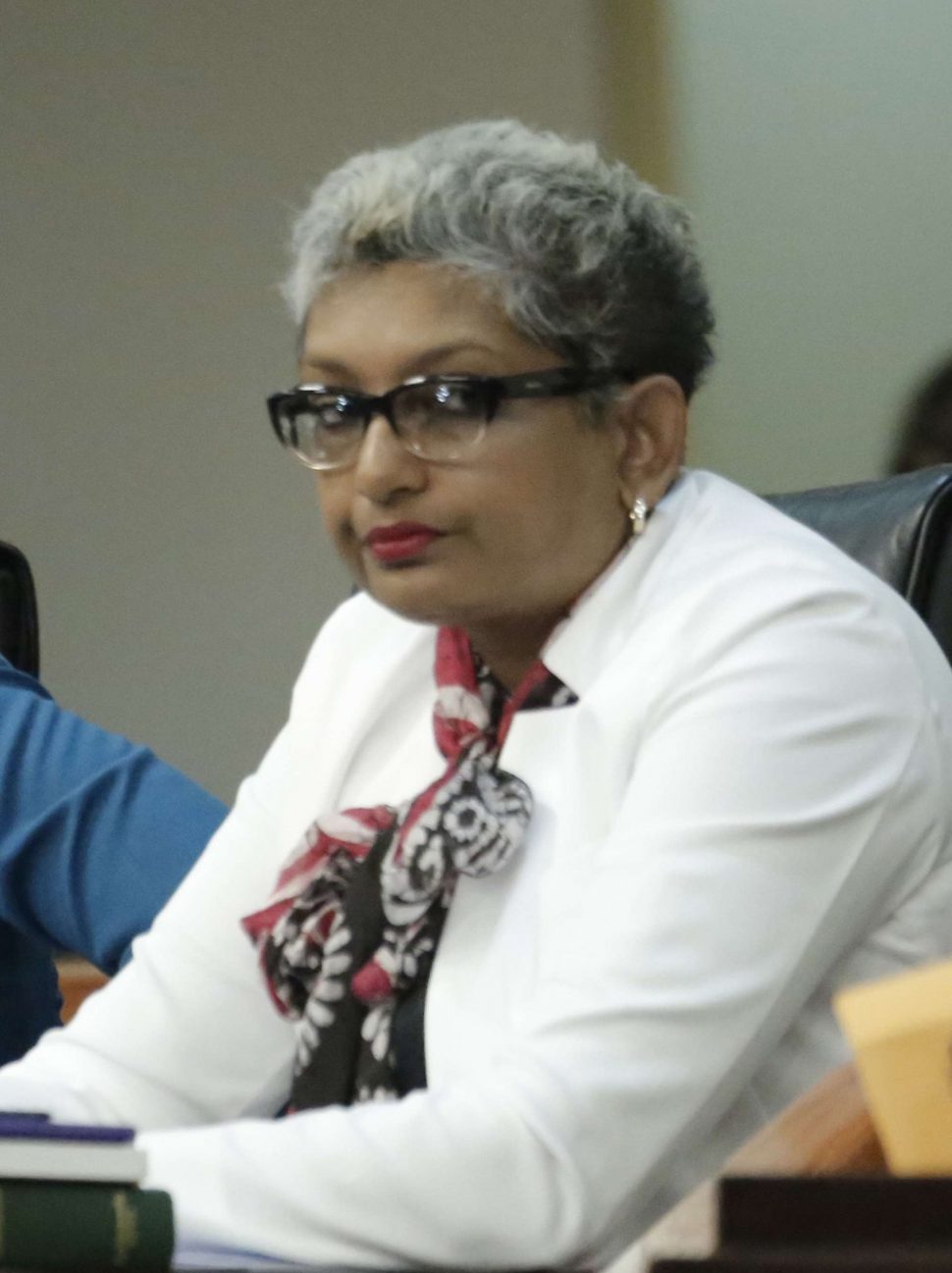(Trinidad Guardian) At least one Independent Senator is not in support of the names of sexual offenders going public.
Sophia Chote, SC, said that this has the potential of opening the floodgates for vigilante justice in T&T.
Chote made the comment in the Senate on Tuesday during her contribution on the Sexual Offences (Amendment) Bill to create a sexual offenders registry.
She said making the names of sexual offenders public will also stigmatise the name of the convicted person.
“So if the T&T Police Service has a list of sexual offenders, then, certainly that is going to help them identify who may have perpetrated a particular crime and bring that person to justice. To me, that is more in the public’s interest than putting something up on the web in a police station.”
She cited a 2007 US article entitled a “comparison of sexual offenders and the non-offending public” which showed that half of the sex offenders who were interviewed claimed they received “threats, had their property damaged and had been physically assaulted and ran out of town basically as a result of public disclosure.”
Chote said it meant that if vigilantes know someone had committed a sexual offence which goes public, they would not have any guilt of administering their own justice.
“And certainly that is something we don’t want to encourage in this society. We’ve had incidents with resulting in deaths where people have taken justice into their own hands. I think we subscribe to law and order. We do not want to encourage or put anything in place which may allow that to happen.”
“We cannot have policy taking away from citizens’ rights regardless of whether the citizen has committed a crime. I know this is going to make me dreadfully unpopular but thankfully it really does not matter,” Chote said.
As legislators, Chote said it was important to understand the balancing act they have to perform.
“Don’t get me wrong. I for one minute am not saying there shouldn’t be a register.”
As an attorney, Chote said there are different kinds of offences and offenders.
Chote said she was also taken by surprise when Attorney General Faris Al-Rawi in piloting the bill spoke about having a sex offender’s passport being stamped which she felt was unreasonable.
Al-Rawi told Chote that only passports of convicted child offenders will be stamped which are done in other countries.
“This stamping of the passport is effectively going to block you from seeking employment anywhere else in the world. So you are affecting liberty. You are affecting privacy. I think there are other means of achieving the same purpose without having the draconian act of stamping your passport and saying forever more you are a child offender.”
While she agreed that children ought to be protected, Chote said there are appropriate ways where information can be shared by all policing agencies throughout the world.

